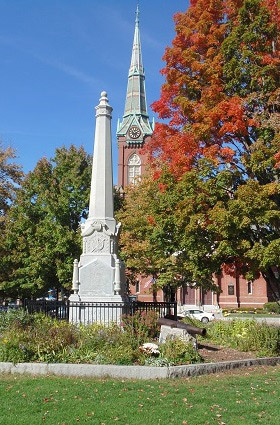Unsure What is Right for You?
Use our online assessment tool to see what information, tools and resources are available here that best meet your needs.
Need to speak to someone by phone about a caregiving issue? There are options to contact someone directly for help.
TEXT SIZE
SHARE

Few words are as dreaded as the term cancer. The American Cancer Society defines cancer as a group of diseases characterized by uncontrolled growth and spread of abnormal cells. If the spread is not controlled, it can result in death. Cancer is treated with surgery, radiation, chemotherapy, hormone therapy, biological therapy and targeted therapy.

A diagnosis of cancer is always a frightening prospect, but local patients and their caregivers can take some comfort in the knowledge that the region boasts some of the top cancer treatment centers in the nation. The Dana-Farber/Brigham and Women’s Cancer Center in Boston was ranked fifth nationally for cancer treatment by U.S. News and World Report in 2013, with Massachusetts General Hospital right behind at No. 6. The Beth Israel Deaconess Medical Center, also in Boston, was ranked 50th.
MetroWest patients don’t have to go into the city for quality care though, as the MetroWest Medical Center’s Framingham Union Hospital is home to the MetroWest Cancer Care Center, Newton-Wellesley Hospital offers the Vernon Cancer Center and the UMass Memorial Cancer Center at Marlborough Hospital was opened in 2013. The Cancer Center at Milford Regional Medical Center in Milford is another local alternative, and is affiliated with the prestigious Dana Farber/Brigham and Women’s Cancer Center.
The American Cancer Society has a section of its website dedicated to caregivers as well as an extensive downloadable Caregiver Resource Guide [PDF].
The National Cancer Institute, which also features a website in Spanish, has extensive information about the many forms of the disease, as well as several resources for caregivers:
For a more personalized guidebook, Help for Cancer Caregivers has developed an interactive guide that allows users to set up a private account and select just the topics they want to get more information on. That online resource was developed by CancerCare, Michigan State University, Indiana University, Caregiver Action Network and Wellpoint.